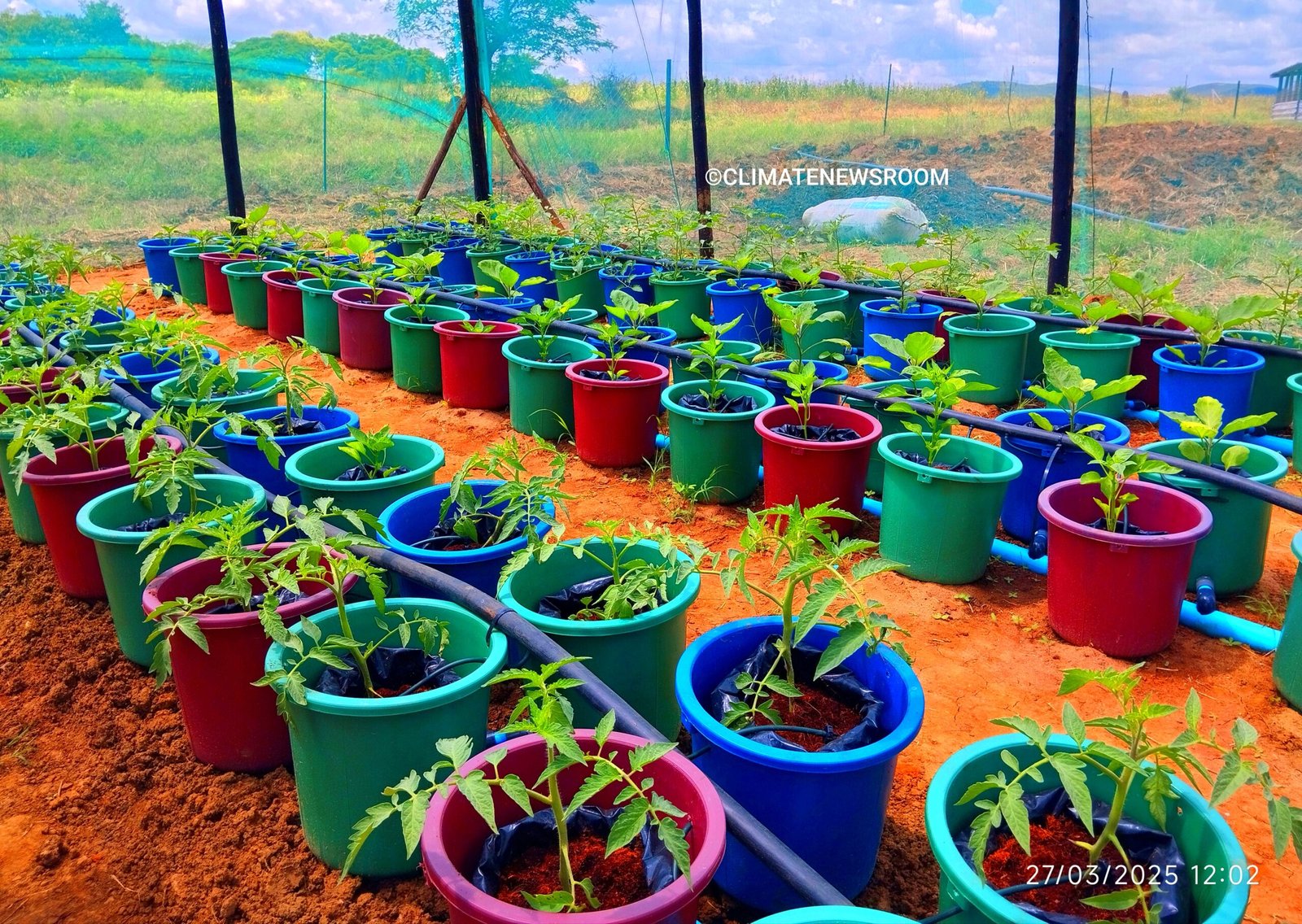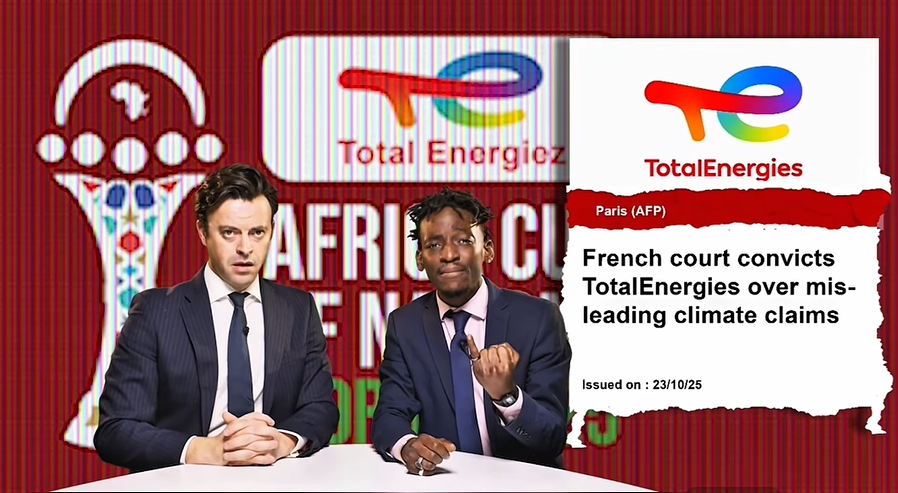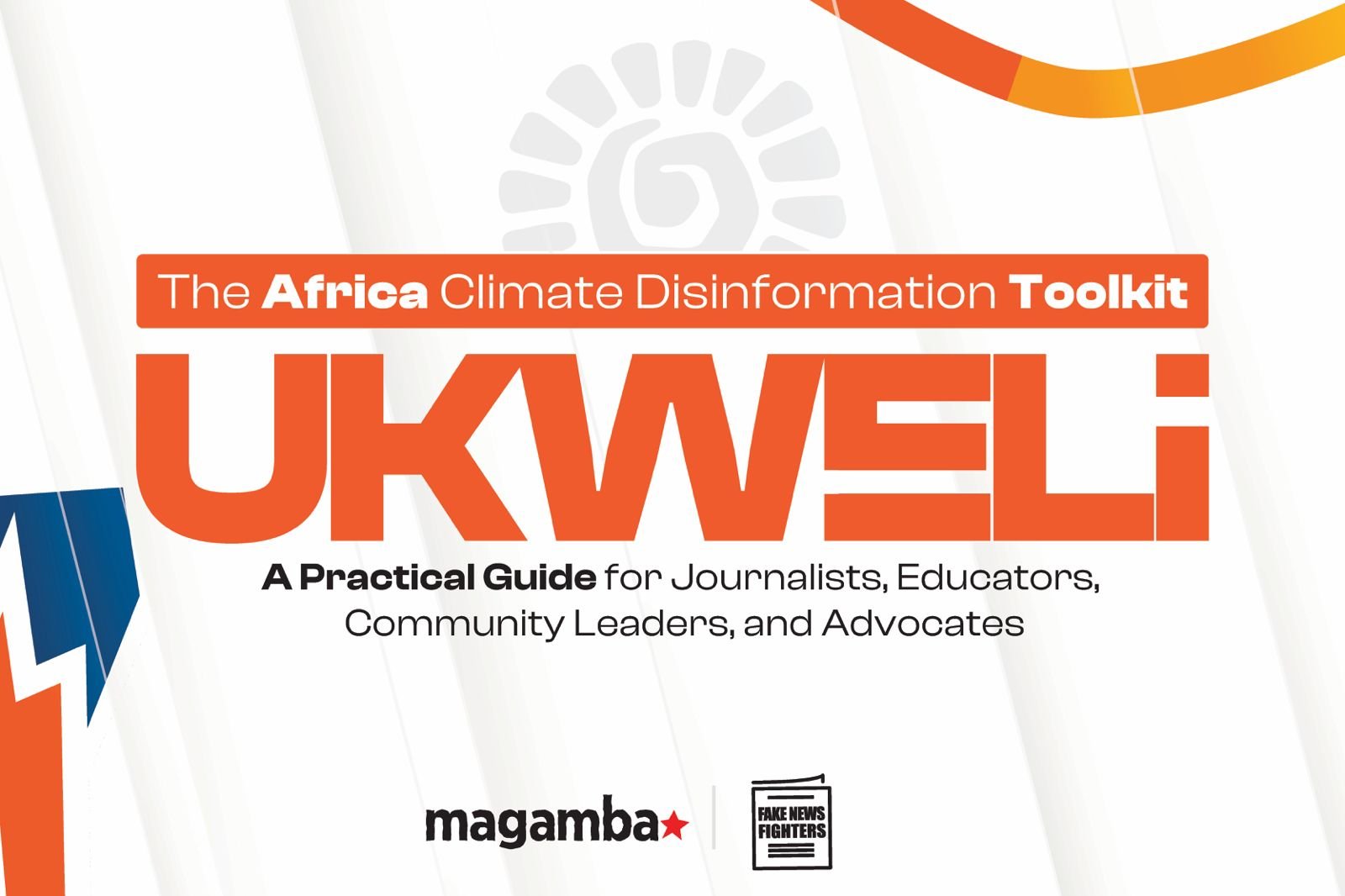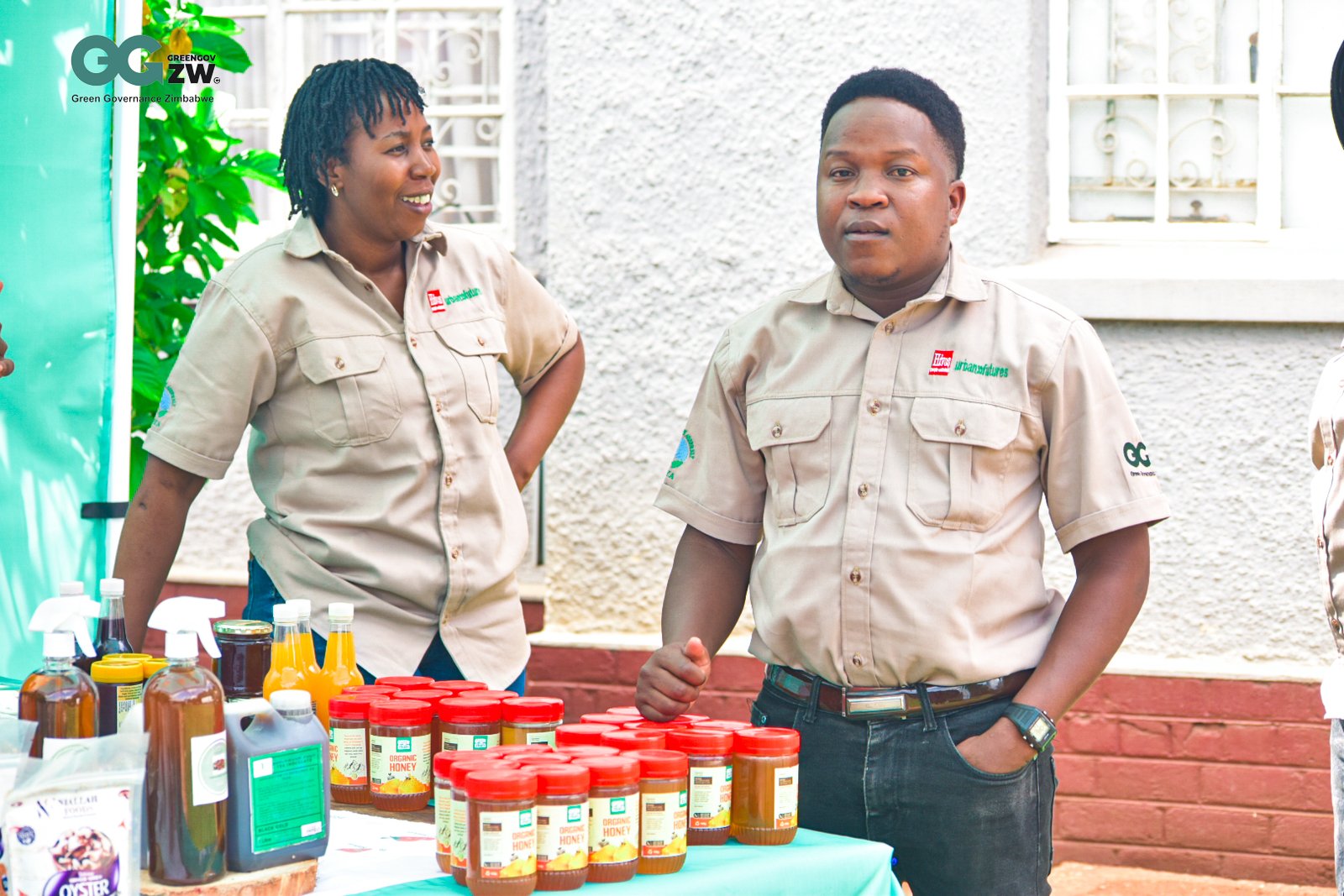Shamva Agriculture College, in collaboration with AUSSIEZIM, has established a Climate Smart Farming Hub (CSFH) aimed at addressing the challenges of farming in the context of climate change.
The initiative focuses on promoting environmental farming methods and sustainable food systems.
AUSSIEZIM Technical Director Killian Ruzande explained that the project focuses on innovation and research to promote integrated and regenerative farming techniques.
“We utilize hydroponics, a soil-free farming method, and we are actively promoting three systems, Nutrient Film Technique (NFT), Deep Water Culture (DWC), and Dutch Bucket systems (DBS). Our mission is to advance responsible farming practices that prioritize environmental care by learning from nature’s own processes.”
“Through collaborations with local communities and colleges, we aim to expand knowledge on sustainable agriculture in the era of climate change,”he said.
The climate smart farming hub is promoting sustainable, climate-smart agriculture by replacing traditional soil-based farming with closed-loop aquaponics (Biosand Phonics), which combines fish and vegetable production while conserving water. This approach eliminates harmful soil tilling (which releases carbon) and demonstrates how soil-less farming can reduce agriculture’s environmental impact.
“This is an invention called Biosand Phonics, it’s an aquaponics system designed for African conditions. It is the integration of fish and vegetable farming in a closed system. The fish waste water from the pond is the fertilizer for the plants and the plants will uptake the nutrients thereby cleaning the water for the fish and the water returns to the fish pond clean.”
“The advantage of this system is its an organic system producing healthy fish and vegetables. The system does not use chemical fertilizers or pesticides. The grow bed contains sand and biochar. Biochar is a stable form of carbon and can last for more than a 100 years. It is produced by a process called pyrolysis, the burning of organic materials in a climate responsible manner.”
“The closed-loop design provides exceptional water efficiency by continuously recycling water between the fish ponds and plant beds, reducing overall water consumption by up to 90% compared to conventional agriculture while maintaining optimal growing conditions.”
Excess use of fertilisers has become a major ecological problem in recent years and has been linked to soil degradation, while run-offs from fields are causing major pollution in rivers where algae blooms spread across the water, and kill fish and other aquatic life.
Vermiculture (worm farming) another key project within the Climate-Smart Hub. Through vermicomposting, they transform organic waste into high-quality fertilizer, creating a sustainable circular economy.
This process not only recycles would-be waste materials but also produces nutrient-rich organic compost that enhances soil health while reducing reliance on chemical alternatives.
“Chemical fertilizer prices have gone up drastically but instead of buying one can make use of their biodegradable yard and farm waste and produce fertilizer for free.”
Excess use of fertilisers has become a major ecological problem in recent years and has been linked to soil degradation, while run-offs from fields are causing major pollution in rivers where algae blooms spread across the water, and kill fish and other aquatic life.
Beyond worm farming, the Climate-Smart Hub is also pioneering innovative soil-less growing methods. They are using hydroponic systems like the Dutch Bucket system, ideal for vine crops like tomatoes and cucumbers and Deep Water Culture, perfect for fast-growing leafy greens.
“The Dutch Bucket system lets you grow plants without soil. Instead, we use cocopeat (made from coconut shells). Because it doesn’t need soil, you can set it up anywhere, even on rooftops or concrete and avoid many plant diseases. It’s a spacesaver perfect for urban areas or places with poor soil, letting you grow more food in small areas while using much less water than traditional farming.”
“With deep water culture, plants are grown on rafts that float on top of nutrient rich water and the roots will uptake the nutrients from the pond that the rafts float on. The absence of soil means less diseases and you can grow many crops on a tiny footprint,” he added.
Shamva Agriculture College Farm Manager Mr. Leon Muzanebanga, said the whole idea is integrating all the projects ,value addition in one picture while promoting sustainable agriculture in the era where climate change is racking havoc.
“In line with Vision 2030 and Education 5.0, you have witnessed our Research and Innovation initiatives in action, including the establishment of a smart climate hub on the farm. This integrated approach incorporates indigenous purebred roadrunner chickens, goat farming, apiculture, aquaculture, hydroponics, NFT systems, Azolla production, bio-sand ponics, Dutch bucket systems with tilapia fish, and vermicomposting, all working synergistically to promote sustainable and efficient agricultural practices.”
He added that the core vision is to bring all our agricultural projects together under one unified strategy, incorporating value addition at every stage to create a seamless and sustainable farming ecosystem.
“As you may have noticed, we have a honey crusher and a grain grinding mill in operation. By producing our own animal feed at a lower cost, we’re boosting profitability across all our integrated projects, all under one roof.”






Agriculture